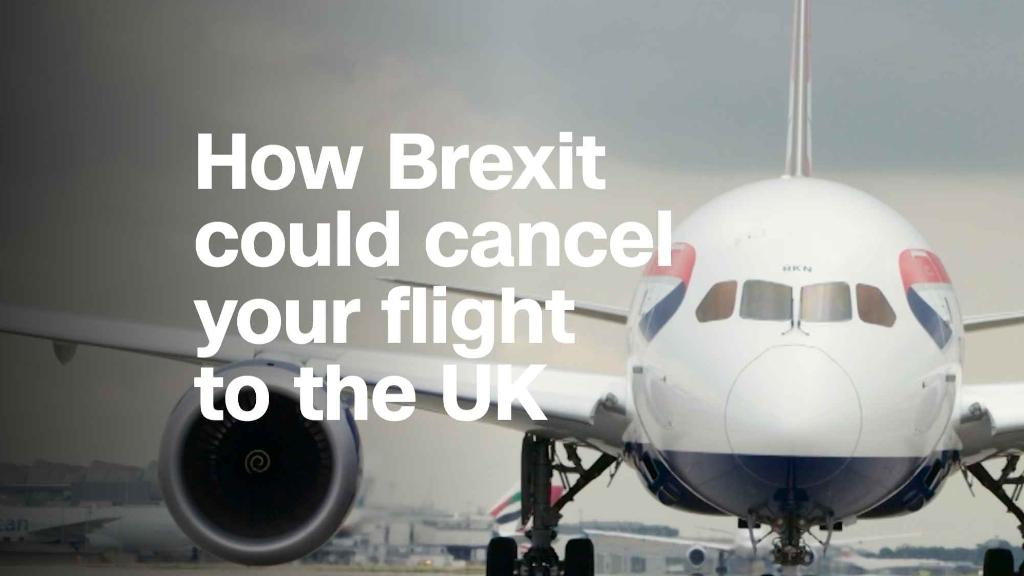
One of Europe's biggest airlines is in such a mess it needs three chief executives to fix it.
Air France-KLM (AFLYY) said Tuesday that it was bringing together the trio as a stopgap measure after the shock resignation of group CEO Jean-Marc Janaillac this month. It continues to look for a permanent replacement.
Janaillac announced he would quit after employees at Air France staged a revolt over pay, including strikes that have already cost the Franco-Dutch group more than €300 million ($358 million).
The company's shares have lost nearly half their value since the start of the year, wiping €2.7 billion off its market capitalization. Its biggest shareholder -- the French government -- has said it won't intervene to rescue Air France.
That job now falls to a committee of three CEOs comprising the group's chief financial officer, Frédéric Gagey, and the bosses of Air France, Franck Terner, and KLM, Pieter Elbers.
"The decisions of the [committee] will be taken collectively by its three members," the company said in a statement.
Their most pressing problem will be to deal with the pay dispute that could spell financial disaster and is placing enormous strain on the group, created in 2004 when Air France bought KLM.
The pay deal that Air France staff rejected would have seen them receive a 7% pay rise over four years. They were offered much better terms than KLM staff recently accepted, analysts say.
Elbers emailed KLM workers last week acknowledging that the strikes at Air France had done "a great deal of damage at every level" across the wider group and hurt the company's "internal cohesion."
KLM is consistently more profitable than Air France even though it serves a smaller market.
But Elbers insisted on Sunday that a KLM divorce from Air France wasn't in the cards.
"Just as it's not feasible for KLM to continue independently, it's also not feasible for Air France to go on alone," Elbers said in an interview on Dutch television. "That's the strength of the combination, we need each other badly."
Elbers and his fellow bosses are unlikely to make Air France staff a more generous pay offer. The company said Tuesday that the top leadership would not negotiate any deal "that would jeopardize the growth strategy."
Related: United CEO Oscar Munoz is skipping his bonus
The dispute has assumed wider significance in France, where President Emmanuel Macron has spent his first year in office trying to push through labor reforms and encourage business investment to stimulate economic growth.
His government owns about 14% of Air France-KLM and will be reluctant to concede any ground to the unions.
"Support for [this] strike has continuously declined to the point that a majority of the population considers the strike is unjustified," said Christopher Dembik, an analyst at Saxo Bank. "Time is clearly Macron's best ally to weaken the trade unions."
Related: Should Millennials get $13,500 to close the generation gap?
Air France is the world's 17th largest airline in terms of passenger trips, according to the International Air Transport Association. The addition of KLM, which Air France bought in 2004, made the group one of Europe's biggest airlines.
Aside from the government, other investors in Air France-KLM include Delta Air Lines (DAL) and China Eastern Airlines, which each own a stake worth 8.8%, according to FactSet data.
Air France-KLM posted a first quarter operating loss of €118 million ($141 million) this month, attributing €75 million ($90 million) of that loss to the strike impact.


